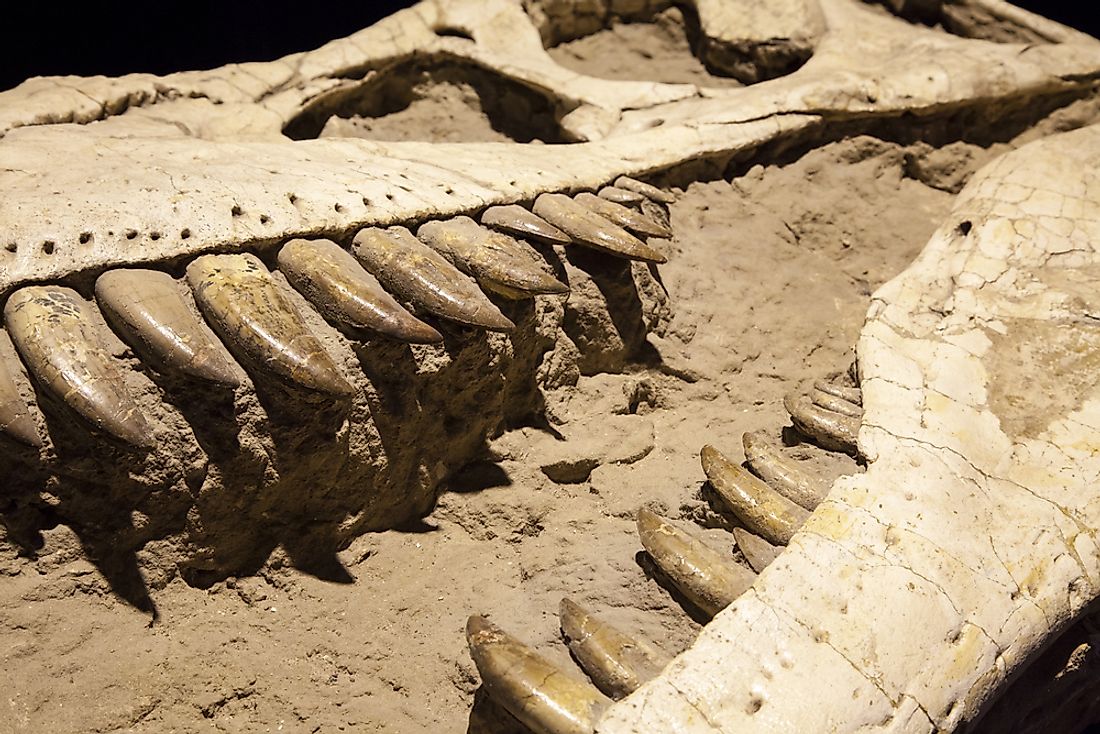When Were Dinosaurs Discovered?

Dinosaurs are a wide range of reptiles that existed at least 200 million years ago. Presently, they are extinct but a few animals and birds in the world today have some genetic resemblances to the once dominant species. The topic of who discovered dinosaur remains is still a topic of contention among experts in the related field. The source of this debate comes from the fact that the very first dinosaur remain was discovered at a time when the English language did not have the word “dinosaur” in its vocabulary.
When Were Dinosaurs Discovered?
Most experts agree that the dinosaur saga began in the later stages of the 17th century when scientists had not come to terms with the idea of fossil remains. However, Robert Plot, who was attached to Oxford’s Ashmolean Museum, came across an unusually large thigh bone, he was forced to confront the fact that it belonged to something that was dead. Plot’s conclusions were that the bone came from a large race of humans that had existed before. His premise for this conclusion was based on the huge size of the nine-foot giant Goliath from the Bible. Despite his wrong conclusions, Plot had stumbled across a great discovery that would be given the name “dinosaur” later on. In England, the first dinosaur was discovered at 15 Aldersgate Street, which is close to St Paul’s Cathedral.
After Plot’s discoveries, several other British scientists began examining the remains and made their own conclusions. For example, in 1763, Richard Brookes, an English physician, earned himself a spot in the history books by giving a name to the bone discovered by Plot. The name was the first officially recognized name given to dinosaurs under the binomial naming system by Carl Linnaeus. The name Brookes gave the bone was "Scrotum humanum." Due to the undignified nature of the name, it was scratched from the record in the 1990s. In 1824 and 1825, William Buckland and Gideon Mantell, who were both experts in the field, came up with other names that are still in use today. Mantell would go on to add many other names to his discoveries, which makes the debate of who discovered dinosaurs even more interesting. Some experts argue that Mantell was the major contributor towards the discovery of dinosaurs.
Dinosaur
A scientist known as Richard Owen invented the word "dinosaur" in early 1842 after examining the species that were named by those who came before him. After his examination, he came up with the word “dinosaur.” For this reason, he is credited as the man who discovered dinosaurs despite all the hard work that had already been done for him, hence the argument that all credit should go to his nemesis, Gideon Mantell.
However, Owen realized something that the others did not. While examining all the fossils, he discovered that they had common features. The fossils did not simply belong to a huge animal species, but an entirely new one that he gave the name “dinosaur.” However, Owen envisioned wrongly that dinosaurs were four-legged reptiles as depicted at London's Crystal Palace Park.











